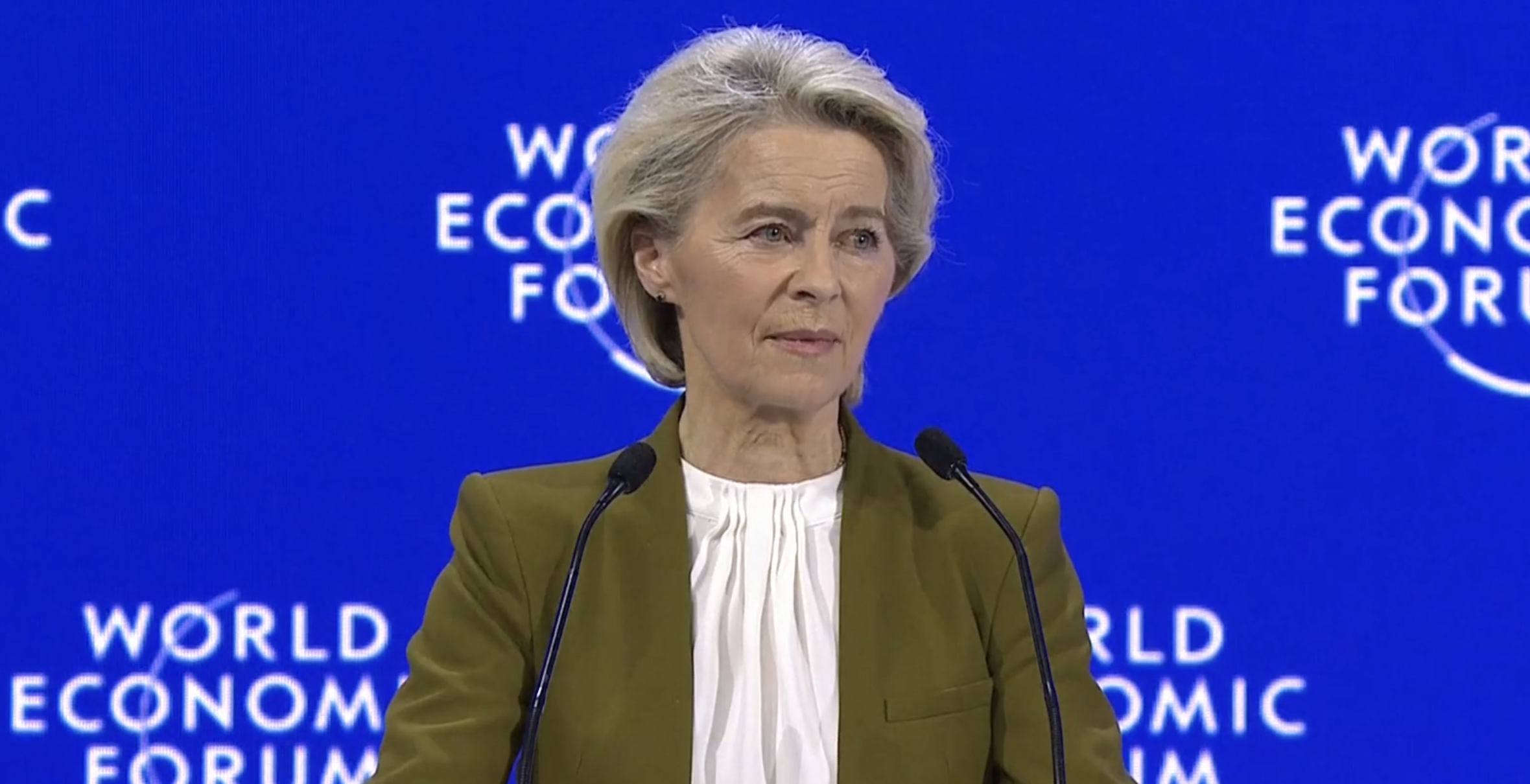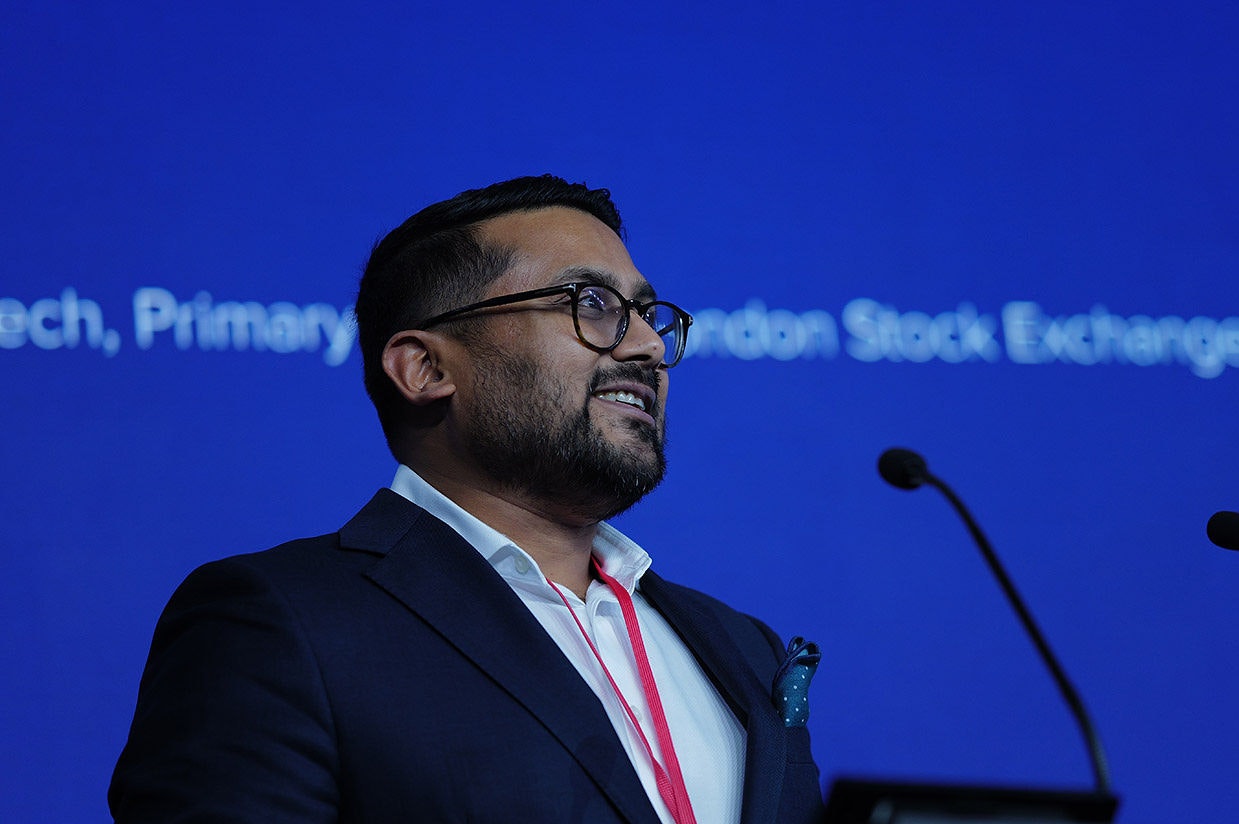How to support the UK’s fast-growing tech ecosystem is a key policy concern for parties across the political spectrum ahead of a general election next year — especially amid wider macroeconomic concerns.
In the Labour Party, which has set its sights on taking back power, leader Keir Starmer has surrounded himself with a team of technology optimists, from the party ranks and orbiting think tanks.
Some of them will become key players in implementing the much-praised Start-up, Scale-up review into startup funding, which put forward a set of policy recommendations on how to make Britain a world-leading startup hub.
Sifted spoke to Labour politicians, spinners and think tankers close to the party for their takes on who are the top brains behind Labour’s tech policy.
At the core
Rachel Reeves, Labour’s shadow chancellor. With a background as economist at the Bank of England, Reeves has focused on presenting Labour as the party of sound money, and is pushing ahead with an agenda to unlock patient capital for tech startups. She’s credited with boosting Labour’s credibility among business leaders, and with commissioning the Start-up, Scale-up review. She delegated part of that work to her adviser Neil Amin-Smith (who quit a glamorous life as the violinist of the Clean Bandit band to work in politics). He’s one half of a highly respected team advising Reeves on economic matters, which also includes Spencer Thompson, formerly at the IPPR think tank.
Darren Jones, shadow chief secretary to the Treasury, built his public profile as chair of the House of Commons' Business and Trade Select Committee from 2020 to 2023. A former technology lawyer, he kept a close eye on the UK’s negotiations to associate Horizon Europe post-Brexit and Britain’s exclusion from the Galileo satellite programme. At his new, much heavier role, he’s focused on boosting investment in British companies all over the UK. Labour has tasked him to lead a review of UK infrastructure, as the party pledges to speed up the building of battery factories, laboratories and 5G infrastructure.
Peter Kyle, shadow science secretary, joined Labour’s tech gang last month, after almost two years shadowing Northern Ireland policy. Although he has no previous expertise in science or tech, startups founders say he should already be credited with stepping up Labour’s engagements with the sector in recent weeks. If Labour reaches power, he will be partly responsible for implementing at least some of the recommendations of the Start-up, Scale-up review. His closest adviser is Billy French.
Chris Bryant is the shadow minister for creative industries and digital, which is part of culture, media and sport.
Matt Rodda, shadow minister for AI and intellectual property, could become one of the more influential members of a Labour government when it comes to policymaking. He’s been vocal recently about AI’s potential to generate economic growth and criticised the Conservative government for being “too slow” to capitalise on the technology’s advantages.
Tulip Siddiq, shadow economic secretary to the Treasury, has been outspoken on the need to regulate blockchain technology to prevent Britain becoming the “Wild West” of cryptocurrencies, while acknowledging the potential benefits that blockchain startups could deliver in tackling regional inequalities — as many of them are based outside London and the south-east of England. She’s also developing the party’s thinking on how to encourage pension funds to invest in tech startups.
John Bachelor, economy policy adviser since June 2022 and a former Treasury official, specialises in finance, business, net-zero and transport. Startup lobbyists say he’s one of the most thoughtful advisers in Keir Starmer’s circle. Bachelor has been very engaged with the startup review, driving its implementation. He works closely with Joe Knight, a senior economics policy advisor embedded in Labour’s central team.
Sarah Ellys Harrison, a trained biologist, works as political adviser to shadow health secretary Wes Streeting. As a former member of the Prime Minister’s Council for Science and Technology and a grants adviser on genetics and molecular sciences at the Wellcome Trust, Harrison is big on life sciences funding and policy.
Second orbit
Kirsty Innes, director for tech policy at Labour Together — regarded as Labour’s closest think tank — is helping the party come up with workable policy ideas around tech inclusion, regional productivity, competitiveness, life-long skilling and AI. She moved over from the Tony Blair Institute for Global Chance this month. During her time there, she took part in a research project into the gig economy. Innes has served as a senior civil servant in the Treasury before a four-year stint at the British embassy in Paris.
Tom Adeyoola, former CEO and founder of acquired apparel technology scaleup Metail, and co-author of the Start-up, Scale-up review informing much of Labour’s thinking for small companies. He’s also an active angel investor, and co-founder of non-profit Extend Ventures, which aims to diversify access to finance for under-represented founders through data and research.
Jeegar Kakkad, director of Future of Britain Policy at the Tony Blair Institute for Global Change, has been working part-time with Labour on several areas of tech policy. He’s known for pushing an optimistic and ambitious outlook for British tech, focused on the transformative effects for society, which counterbalances Labour’s traditional fears over negative impacts on workers.
Neil Ross, associate director working on public policy at TechUK. Last summer, he co-authored a widely-read report on how the next government could use technology, which called for a British Scaleup Sprint to identify new investment vehicles and regulatory changes that could make it easier for startups to scale, as well as a review of the roles of the British Business Bank and National Infrastructure Bank to support tech clusters across the UK.
Alex Depledge, CEO and cofounder of online home improvement platform Resi.co.uk, remains influential in the party discussions around Labour’s Start-up, Scale-up review, which she co-authored. She’s been named as one of Britain’s 30 female founders to watch by the Financial Times, is part of the government’s taskforce on Women-Led-High-Growth Enterprises, and was awarded an MBE for her services to the British tech industry.
Charlie Mercer, deputy policy director at the UK lobby group the Startup Coalition. He worked closely with the Labour team working on the Start-up, Scale-up review and sits on the board of Labour Digital.



